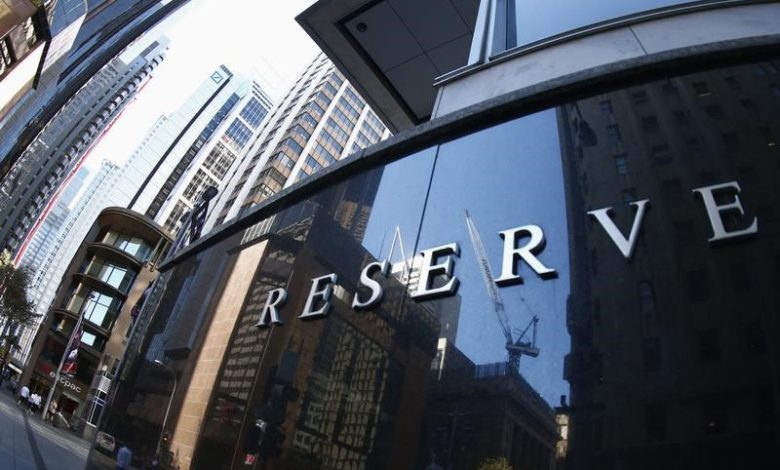
RBA Increases Interest Rates by 25 Basis Points, Acknowledges Persistent Inflation
The Reserve Bank of Australia (RBA) raised interest rates as anticipated on Tuesday, citing a slower-than-expected reduction in inflation and accordingly adjusting its consumer inflation forecast for the next two years.
The RBA increased rates to 4.35% from 4.10%, aligning with market expectations. This hike marks the first change in monetary policy under the new governor, Michele Bullock, who had hinted at a potential increase in October.
This decision follows stronger-than-expected economic growth in Australia during the third quarter, fueled by rising fuel prices and robust retail spending. Additionally, economic indicators indicated greater spending than anticipated, further contributing to inflation.
Bullock noted prior to the meeting that inflation in Australia had passed its peak but remained stubbornly high. In a statement, she emphasized that, while the central forecast predicts a decline in consumer price index (CPI) inflation, progress is likely to be slower than previously expected.
The Board determined that a rate increase was necessary to ensure that inflation would return to target levels in a reasonable timeframe. The RBA now projects that CPI inflation will be around 3.5% by the end of 2024, remaining at the upper end of the RBA’s 2% to 3% target range by the end of 2025. Earlier predictions had anticipated inflation would return to the target range by mid-2025.
For over a year, inflation has consistently exceeded the RBA’s target range, largely in response to a post-COVID economic boom. Bullock highlighted a data-driven approach to policy tightening, acknowledging the Australian economy’s unforeseen resilience. However, growth is still expected to fall below trend, with the unemployment rate likely to rise to 4.25% in the coming months.
Since early 2022, the RBA has implemented a total rate increase of 400 basis points but kept rates on hold at 4.1% since May 2023 to assess the impact of higher rates on the economy as inflation began to decline from its annual peaks. However, with inflation showing signs of resurgence in the past quarter, the central bank might need to consider further rate hikes to manage rising prices.
Following the RBA’s decision, the Australian dollar dropped by 0.4%, while the stock market fell by 0.2%.
 GOOGL
GOOGL  META
META 


